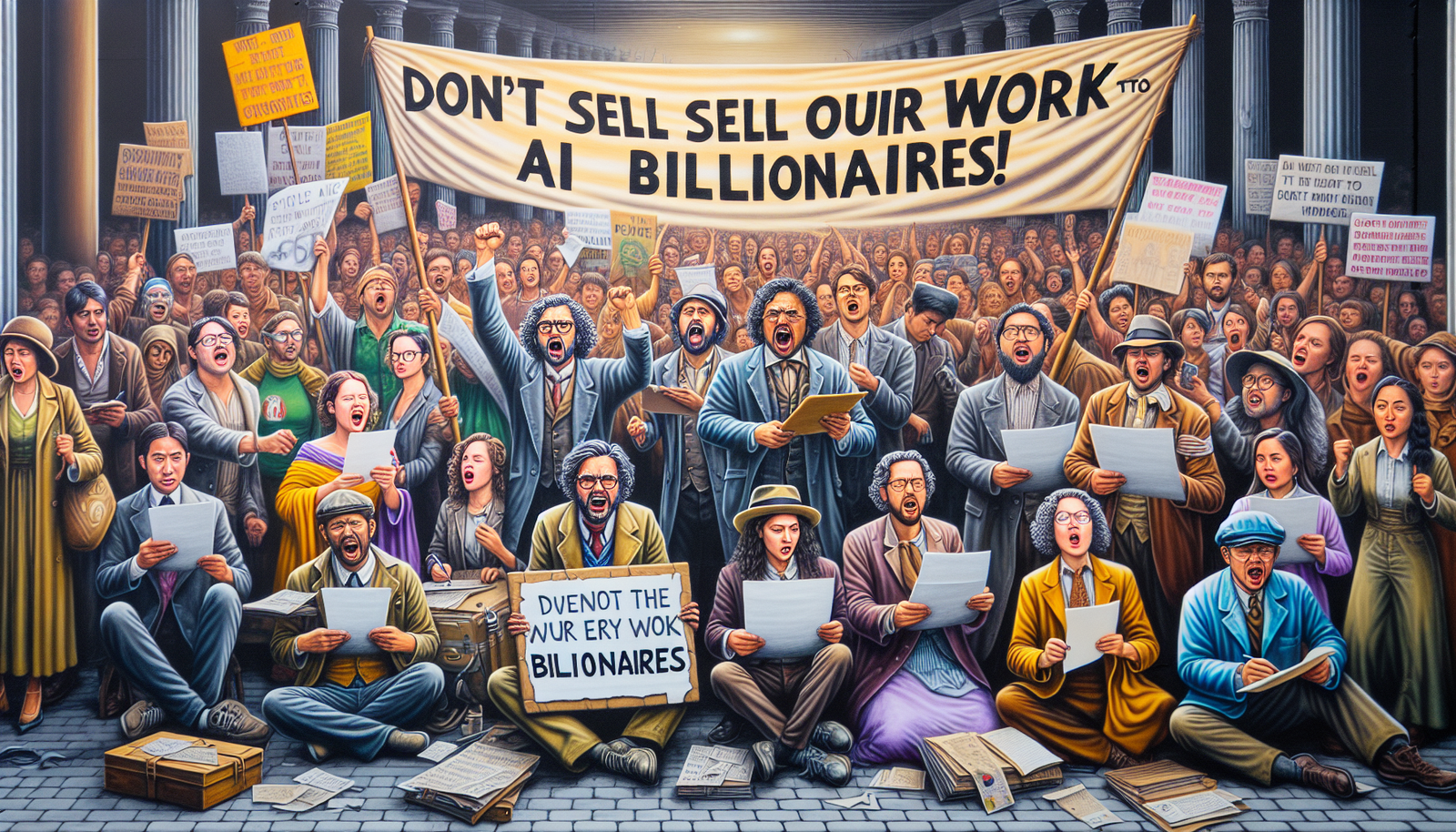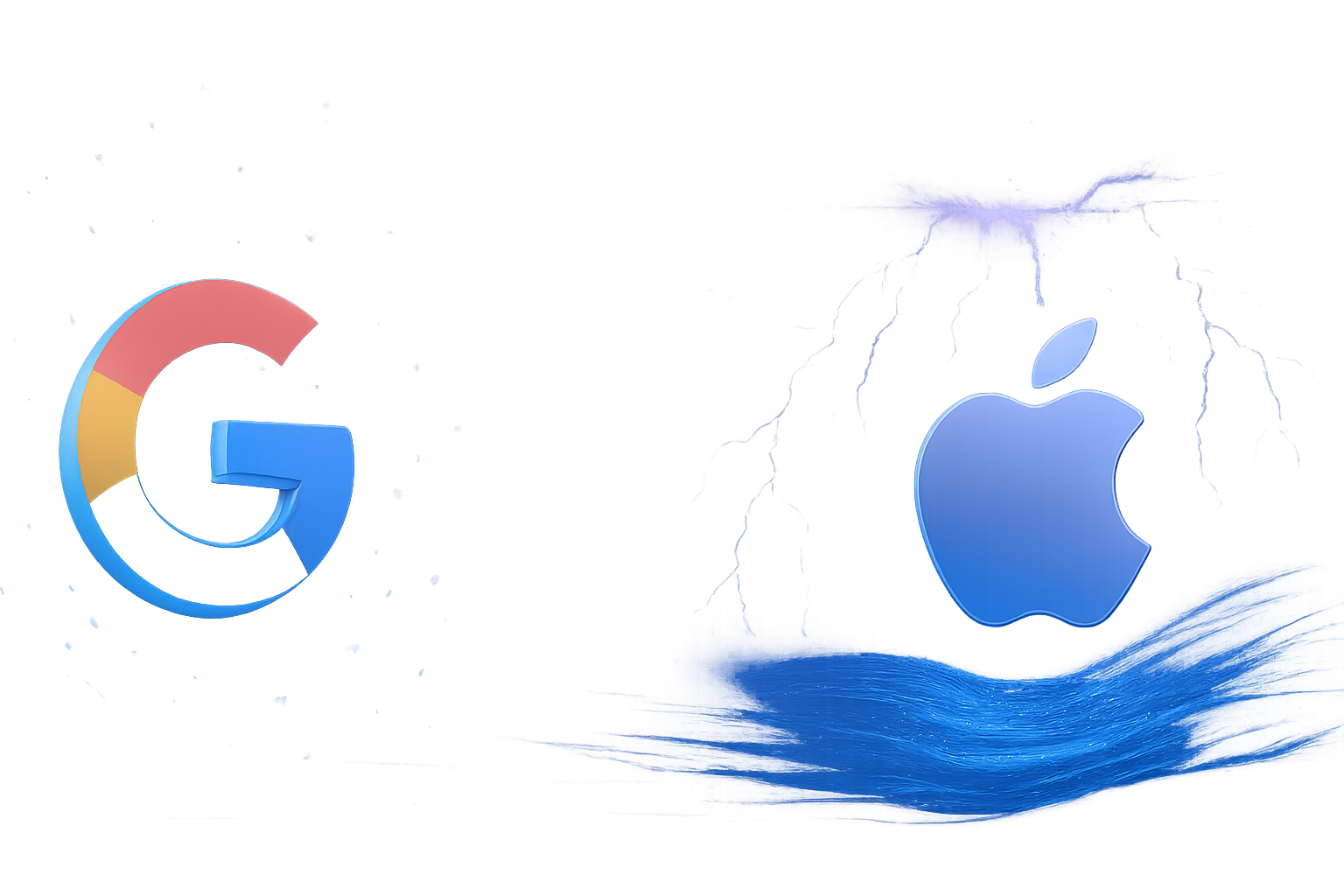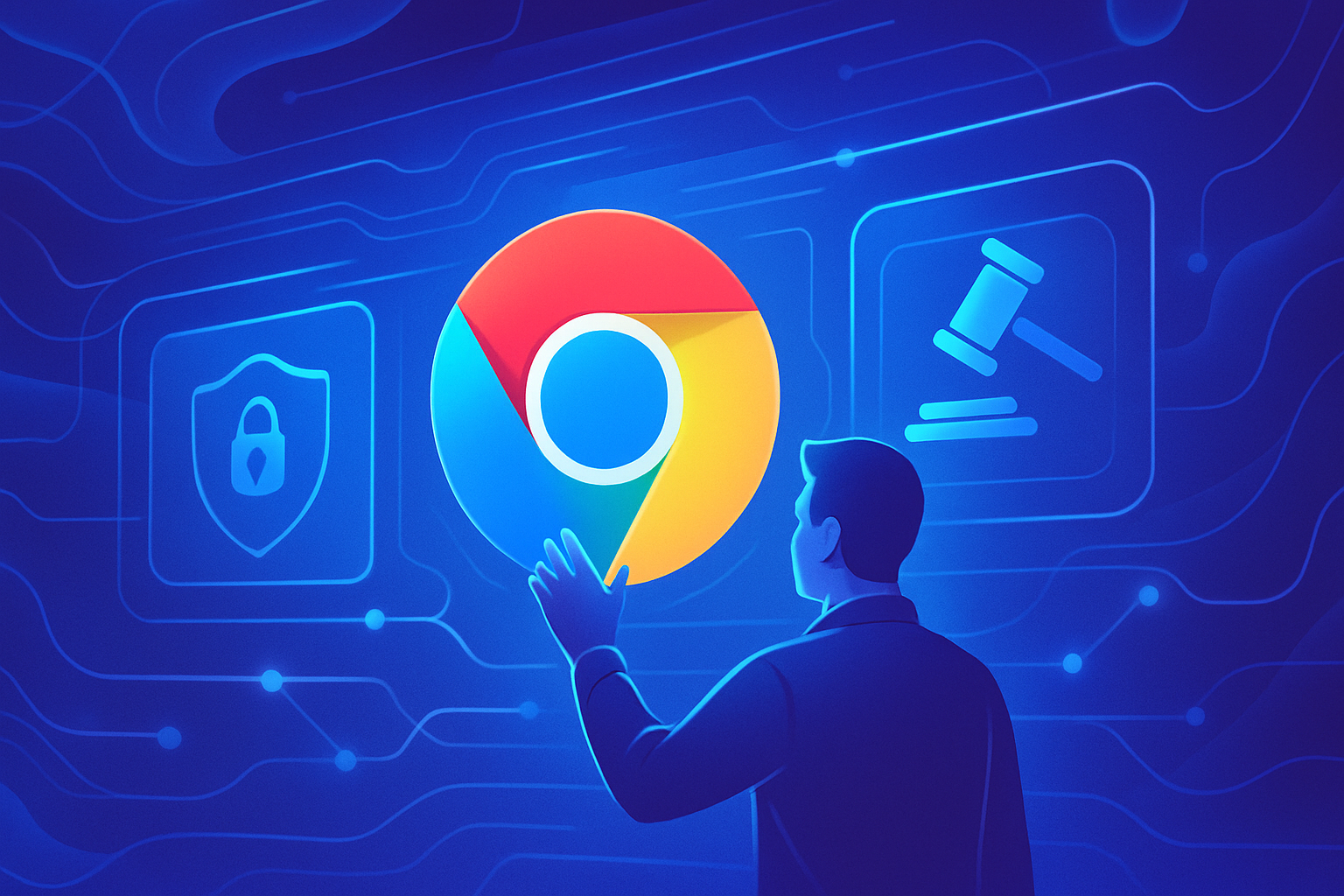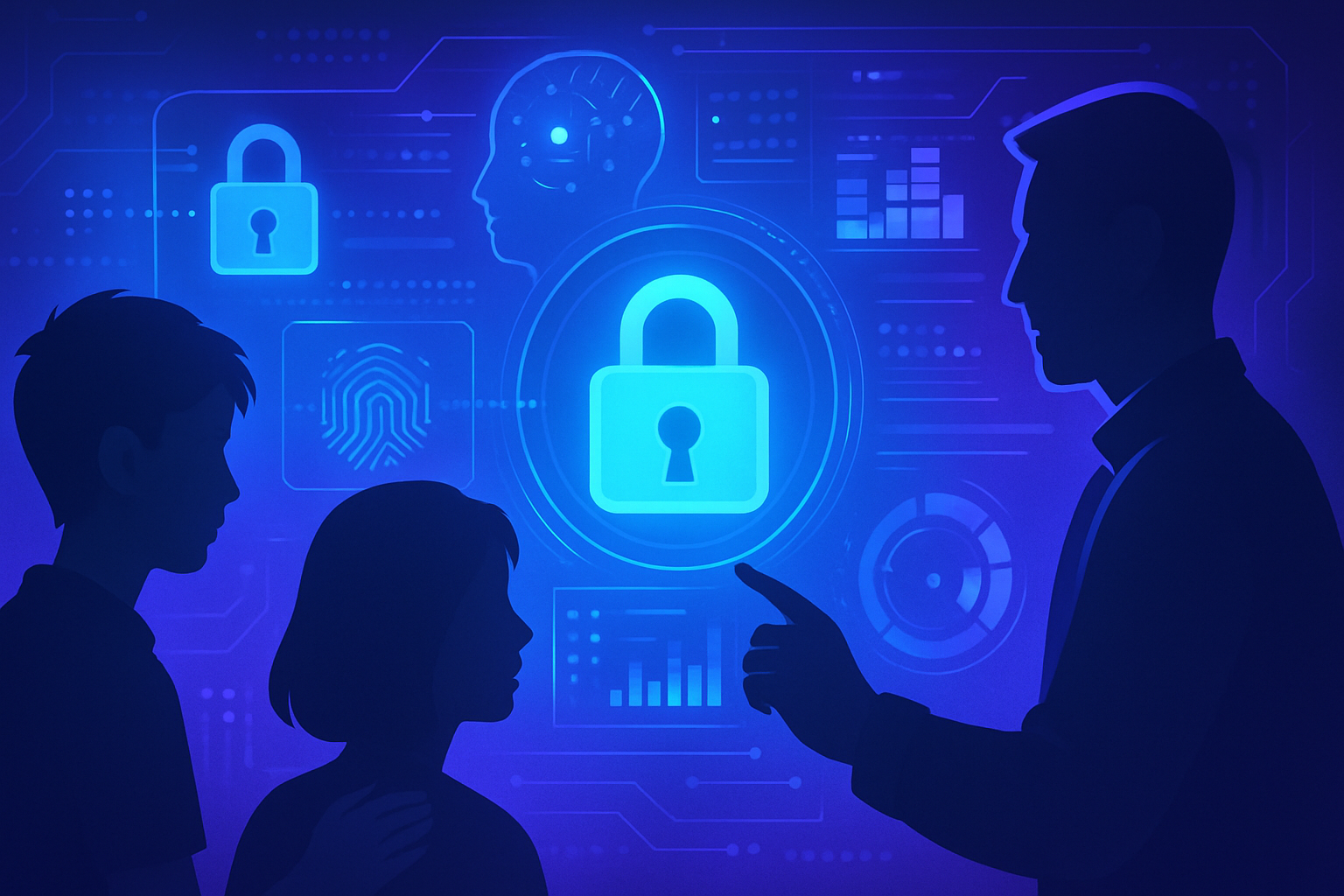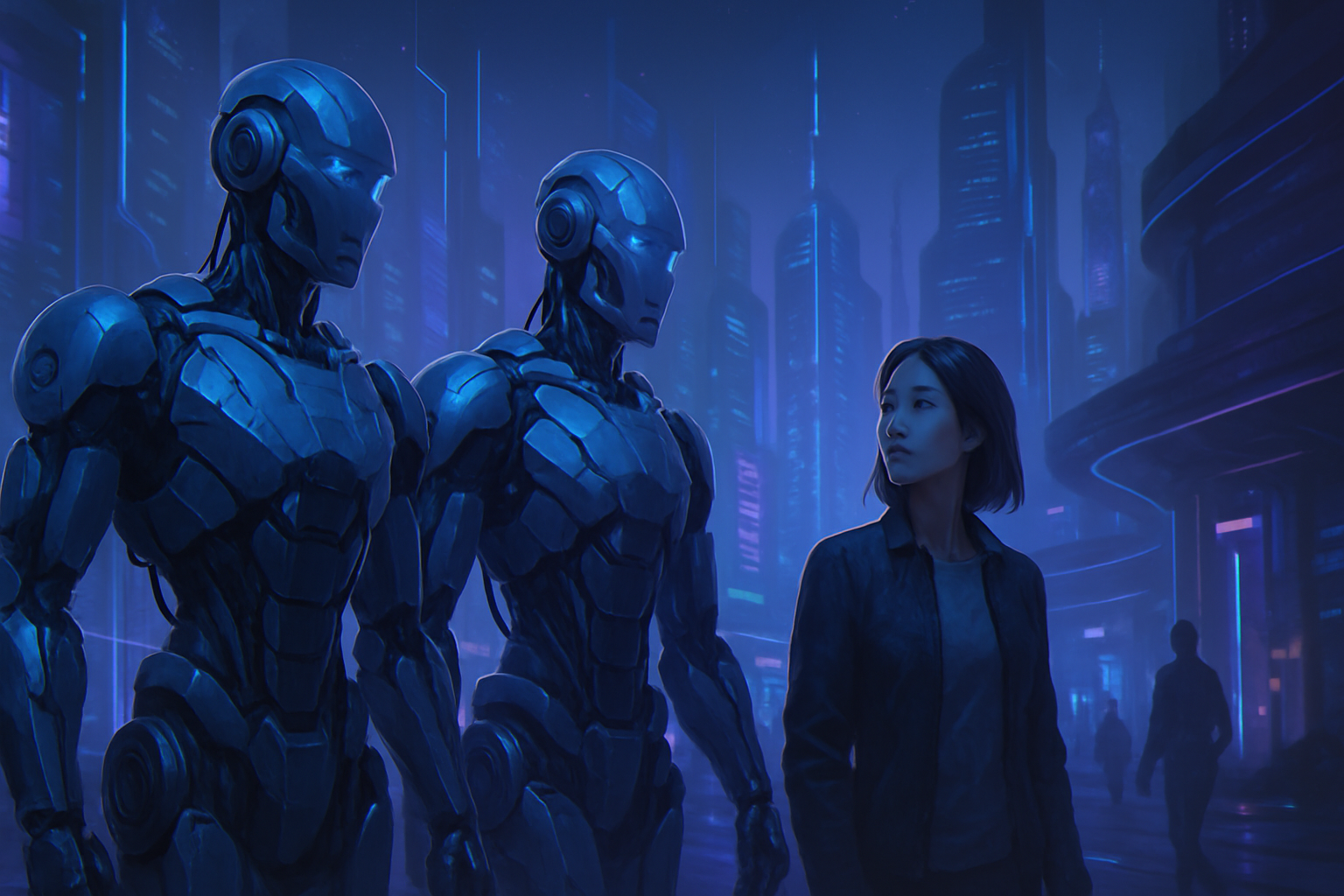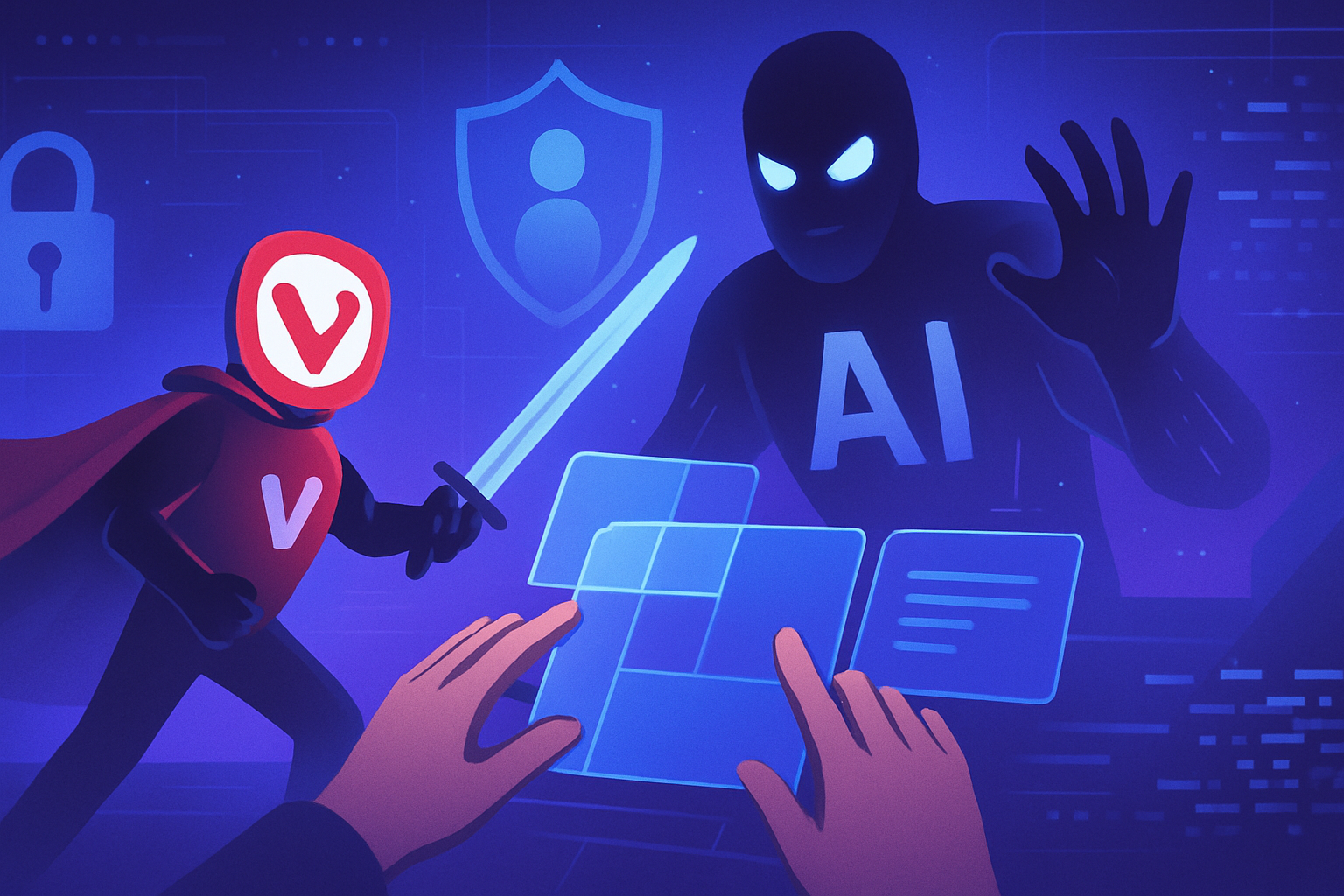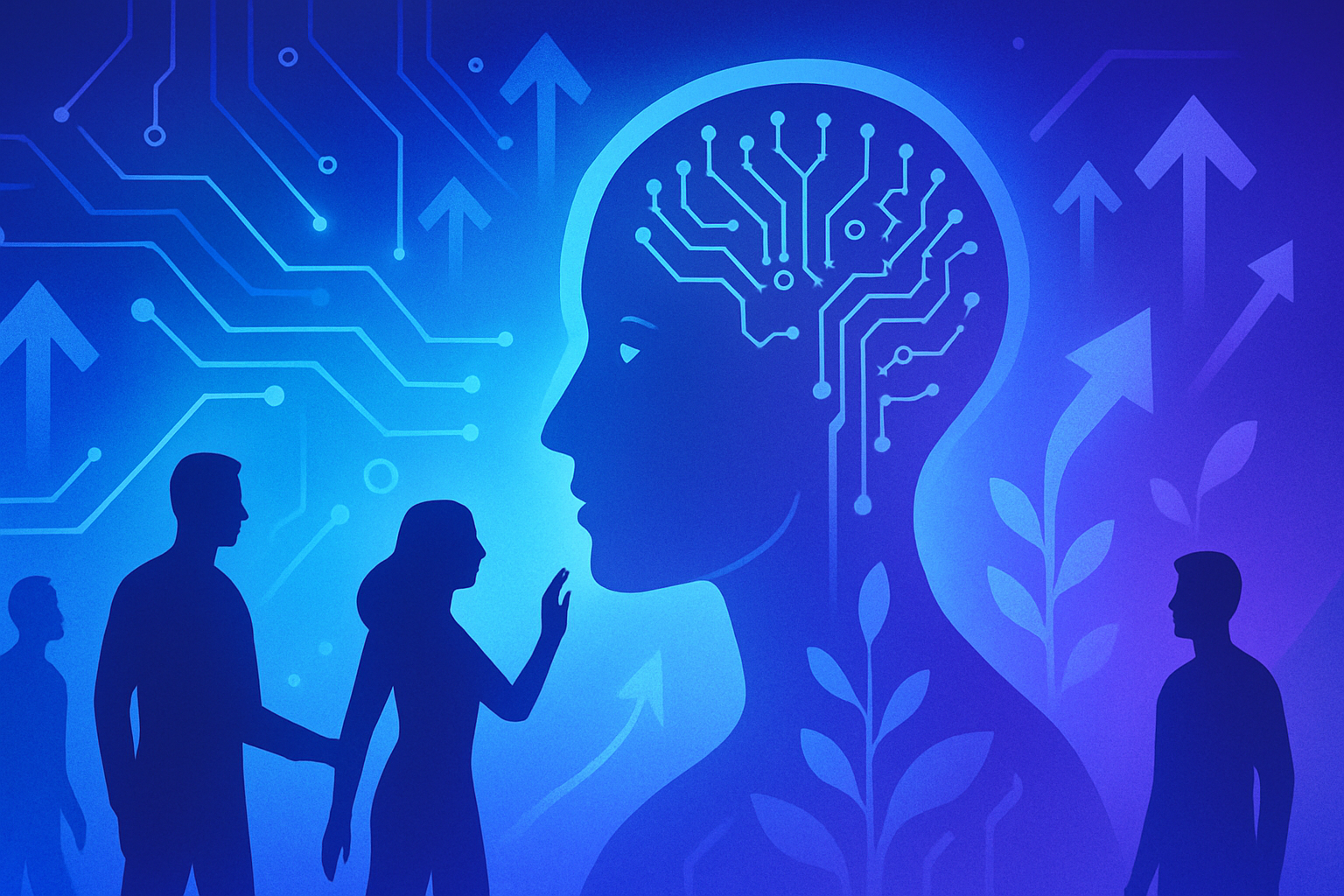Threatened Creativity: Don’t Let AI Strip Away Our Works.
Renowned artists like Mark Haddon and Michael Rosen are joining their voices to alert the government about an urgent issue. The rise of
artificial intelligence
compromises the rights of creators, thus undermining the
value of their work
. Creators demand legal protection to maintain integrity and
fairness within the cultural industry
. They emphasize that the benefits of technology should go to the authors, not to those interested in profit. Cultural sector players, wake up before it’s too late.
Call for Creator Protection
Renowned artists, such as Mark Haddon and Michael Rosen, have recently united to express their deep dissatisfaction regarding the increasing use of artificial intelligence (AI) in creative fields. An open letter, signed by over 2,000 creators, has been addressed to the British government, calling for the dismantling of a business model that would only benefit technology billionaires.
Warning Against the Plundering of Works
These artists denounce the widespread practice of training AI systems with their works without any form of compensation. Creators demand that copyright be respected and that laws evolve to protect their productions from this unfair exploitation. Such a situation could lead to a scenario where the work of artists is used without consent, raising concerns about fair remuneration and the recognition of their artistic contribution.
Demands for Fair Compensation
The campaign aims to establish clear legal guarantees to ensure that every creator is compensated fairly for their work. The signatories express that a legislative framework is essential to regulate the use of AI in the cultural sector while ensuring the integrity and intellectual property rights of artists.
A Growing Mobilization
More than 34,000 artists have also expressed their concerns in a mobilization that is emerging to counter this trend. The movement highlights the urgency of creating policies that protect creativity, as unregulated use of AI could lead to a true cultural plunder.
The Authorities’ Reaction
The Minister of Culture, Rachida Dati, acknowledged these concerns during the recent AI summit in Paris. The discussions focused on the need for an international framework that respects copyright while promoting technological innovation. This commitment demonstrates the willingness of the authorities to consider the creators’ demands.
A Concept of Ethical Responsibility
Speakers at this summit also discussed the notion of ethical responsibility in the development and use of artificial intelligence technologies. The idea is to ensure that current practices respect the dignity of artists and preserve cultural diversity.
Summit Conclusion: A Call to Action
The discussion around AI and creators’ rights must lead to concrete actions. Creators and institutions agree that it is imperative not to relinquish their rights to AI billionaires. Legal guarantees must be established to protect contemporary artists from potential technological overreach.
Reactions from Engaged Artists
Mark Haddon has been particularly vocal during the mobilization, highlighting that the future of artistic creation is at risk if immediate measures are not taken to protect the rights of artists. The echoes of this call have sparked reactions within political and cultural circles, encouraging an open dialogue about upcoming legislation.
Revealing Quotes
Sir Paul McCartney has also expressed his concerns, stating that AI legislation should ensure that every artist can benefit from their work. These statements are accompanied by a call for collective awareness on the issues related to AI in the cultural sector.
The government is now under pressure to act in favor of artists and creative heritage in the face of this new technological era. A consensus seems to be forming: it is imperative to create a balance between technological innovation and respect for copyright.
Common FAQs on Creator Rights in Relation to AI
What are the main concerns of creators regarding AI?
Creators are mainly concerned about the unauthorized use of their works by artificial intelligences, the lack of consent for the training of these AIs, and the absence of fair compensation for their work.
Why are artists like Mark Haddon and Michael Rosen speaking out against AI?
They warn that AI giants are exploiting artists’ works without their consent, thus threatening their copyright and their ability to make a living from their work.
What actions can creators take to protect their rights?
Artists can form collectives to negotiate agreements with AI developers or take legal action to assert their copyright in the event of infringement.
What role should the government play in addressing creators’ concerns?
The government should establish clear regulations to protect copyright, ensure transparency in the use of works by AI, and guarantee fair compensation for artists.
What impacts could AI have on the future of artistic creation?
AI could reduce economic opportunities for artists, weaken the perceived value of original works, and transform the way artistic creation is understood and disseminated.
Are there recent examples of creators suing AI companies?
Yes, several creators have recently sued companies for the unauthorized use of their works in the training process of AI models, sparking a movement advocating for copyright protection.
What is the responsibility of AI platforms toward creators?
AI platforms must take measures to ensure they do not use protected content without permission, establishing verification and consent systems for works submitted to their technology.
